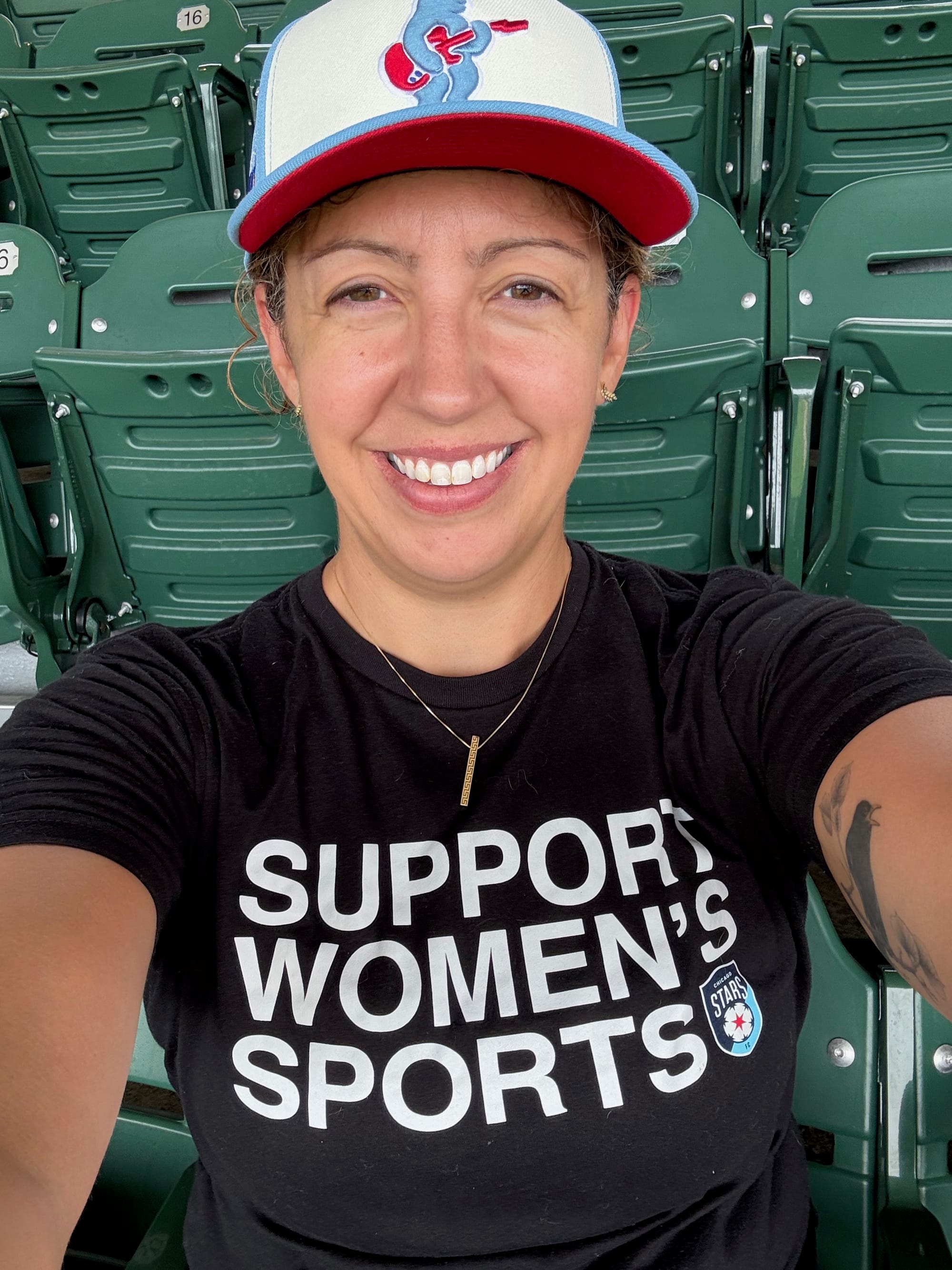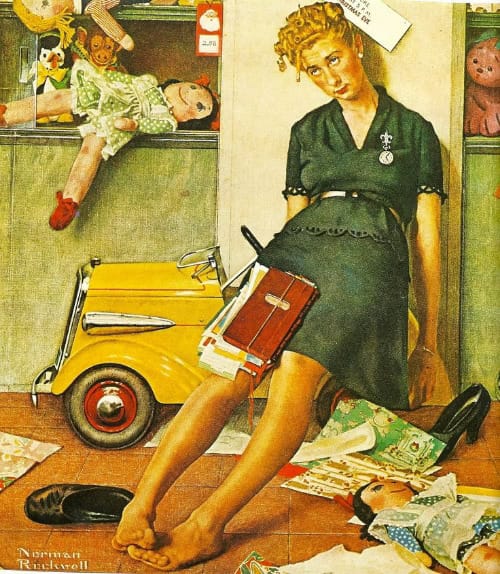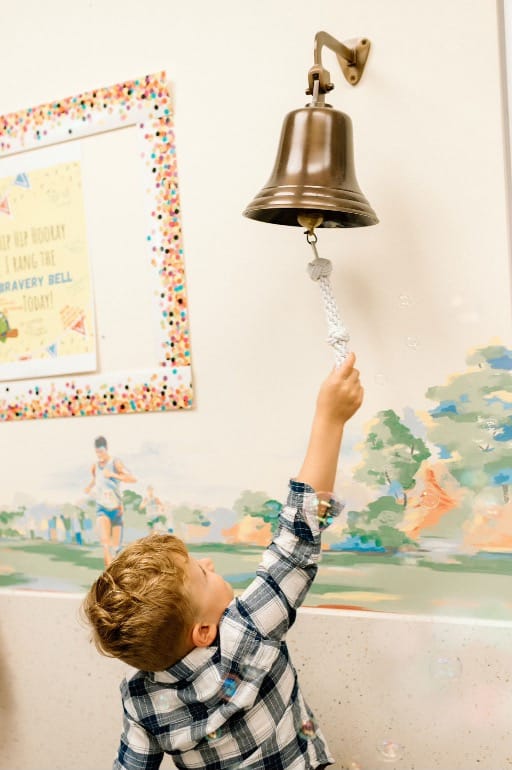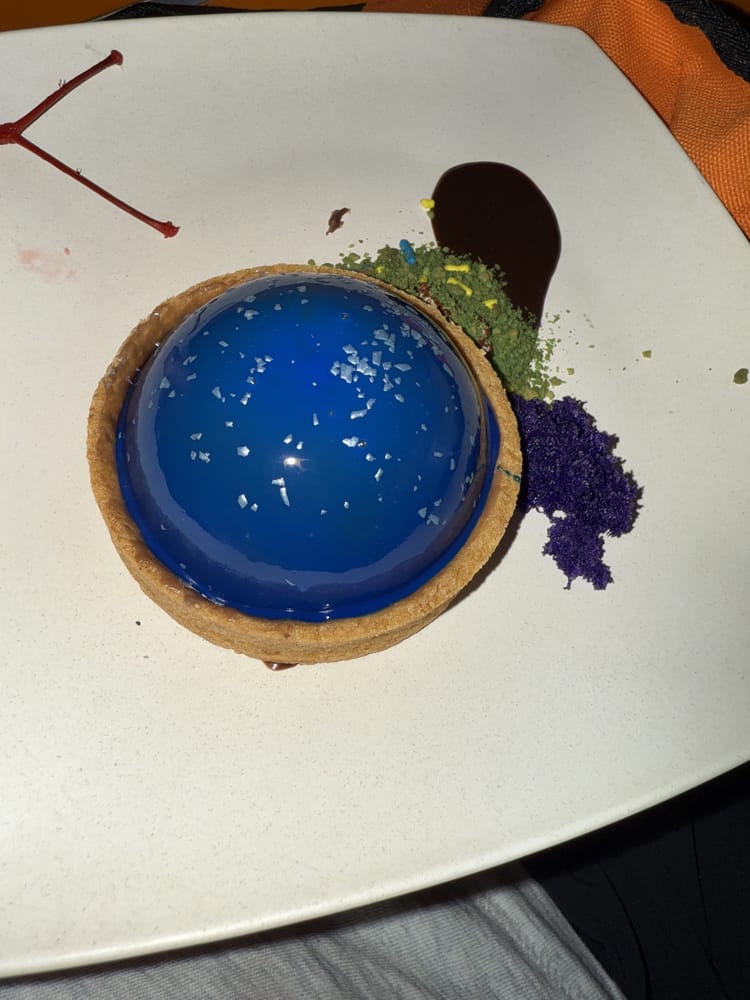Let’s all watch Women’s March Madness.
I am competitive. I have always been competitive. It’s been in my bones my whole life. I remember being deeply upset over losing simple games as a kid, much as my sons cry over losing board games now. I remember yelling at refs on tv as a pre-teen and being told that’s not really something girls should do. I have a lifetime of memories of being made to feel bad or wrong or silly for caring about winning, either overtly with words or just by the vibe of the boys or men I was competing against.
Why?
Why is it unladylike to care? To want to win? Why should I not have wanted to celebrate my abilities? Or was it that I shouldn’t have had those abilities in the first place, that they should’ve been reserved only for the boys in my age group? In elementary school, I learned at our end-of-the-year field day in 4th grade that I was the fastest kid in my grade, at least on that particular day. I was immensely proud of this. Other than running and playing as kids do, I did nothing to earn this ability. I wasn’t doing workouts. I was 9. I could just run. Was this somehow supposed to be my fault?
In middle school, I grew taller and more awkward, and I lost some of my speed. I pivoted to hurdling in track and eventually other sports in general as I got older, but the desire to win couldn’t be stretched out of me or replaced during puberty. I was upset a lot during this time, maybe because it was middle school, and middle school is terrible, but my most vivid memories are of falling on the cinder track behind the school and watching my skin slowly heal around the cinder pieces still stuck under the surface. I would do what it took to be the best I could no matter what it was I was trying to accomplish. It was part of me. Was this something someone told me to do? Surely not, because girls weren’t supposed to want things like that, or at least that was the message at the time. I felt I had to be more muted about it or careful about who I acted that way around as I made my way through school though. My teammates were sacred and safe people. Girls sports were safe places. Coaches who wanted to draw that out of me were sacred people, even the male ones.
I love sports. I didn’t grow up loving or watching basketball, but I want to watch every minute of this Women’s NCAA Basketball tournament that I possibly can. Not only is it fun and compelling, but it’s also all of the emotions of the men’s game on display, exactly as I felt them myself but exhibited by WOMEN. It’s exciting! It’s beautiful and emotional, and I’m tearing up a little thinking about it right now because THIS IS HOW IT SHOULD’VE ALWAYS BEEN for women’s athletics. Watching them battle and work for every point and inbound pass, seeing the players support their teammates and congratulate their opponents win or lose, holding my breath as they throw up that last-second desperation shot: none of this is gender dependent. Gender has nothing to do with it. This is sport.
We’re at a precarious moment for women in this country. In some places, bodily autonomy is being limited or taken away. It feels like an assault on all of us. Women’s sports aren’t going to save us from small-minded men, men who are affronted by the mere idea that women may have more ability than them in ANYTHING. But celebrating women, witnessing them in the full steam of their youthful greatness, maybe that can inspire us to be more fully ourselves. And being ourselves, fully embodying our range of emotions, our fear and rage and curiosity and joy, that could be powerful. The next step is to recognize our power. After that, we must organize. We need to be in charge of more companies, control more sources of the flow of money in this country, and get elected into more and higher roles in government. I guess this is why they don’t want us crushing it in sports. If we recognize the strength we have as a unit, as half the population, they can’t possibly keep holding us down.






Member discussion